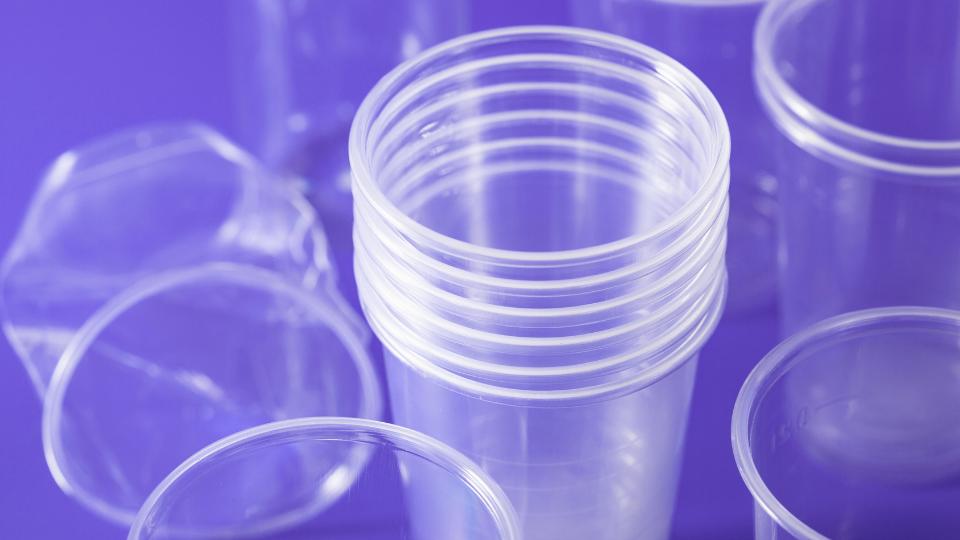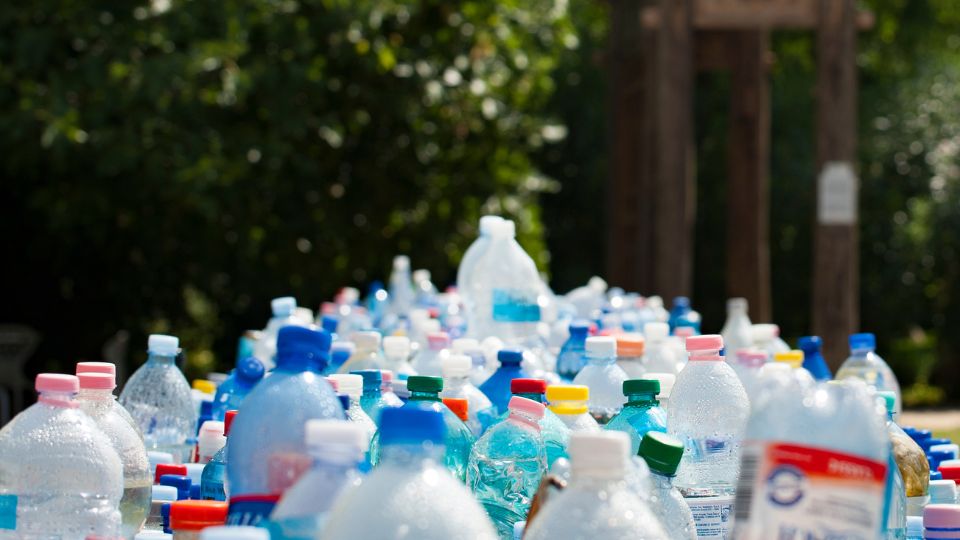
In October 2023, the UK government will take a significant step towards environmental conservation with the Single-Use Plastic Ban in England.
This measure aims to combat the adverse effects of single-use plastic cutlery, plates, and cups on the environment.
As a responsible business owner, it’s essential to be well-prepared for this regulation.
In this guide, we’ll explore specific actions to comply with the ban and seamlessly transition to sustainable alternatives, ensuring a greener future for your business and the planet.
Understanding Single-Use Plastics
To better understand the impact of the single-use plastic ban, consider some examples of these disposable items:
- Disposable plastic cutlery – such as spoons, forks, and knives – commonly used in takeaways, fast-food restaurants, and catering services.
- Plastic plates and cups, often seen at events, picnics, and parties.
These items are made from non-biodegradable petrochemicals, causing significant environmental harm when discarded, which is why the government is keen to ban them.
In fact, they’re already banned in Scotland.
What Will Be Banned?
The upcoming single-use plastic ban in England will prohibit certain disposable items.
For instance:
- Plastic plates and trays, commonly used for serving food in takeaways and events, will no longer be allowed.
- Similarly, plastic bowls, frequently used for serving soups and desserts, will be banned.
- Plastic cutlery, including spoons, forks, and knives, will also be part of the ban.
- Plastic straws such as those used by nightclubs and pubs.
- Additionally, balloon sticks, polystyrene cups, and polystyrene food containers will no longer be permitted.

Exemptions to the Single-Use Plastic Ban
While the ban will encompass most single-use plastic items, there are some exceptions.
For instance:
- You may still supply single-use plastic plates, bowls, and trays to other businesses or use them for pre-filled packaging, such as pre-filled salad bowls packaged in trays.
- Similarly, polystyrene food and drink containers can still be used when they require additional preparation before consumption, like adding water, microwaving, or toasting.
How the Ban Will Be Enforced
Local authorities will play a crucial role in enforcing the single-use plastic ban.
They will conduct inspections to ensure businesses comply with the regulations.
For instance, they may visit shops or stores, make test purchases, speak to staff, and request to see records of compliance.
Businesses found violating the ban may face fines based on the severity of the offence.
Complaints can be reported to Trading Standards, and businesses will receive a notice detailing the offence and the fine, with the option to appeal within 28 days.
The Single-Use Plastic Ban’s Impact on Businesses
The single-use plastic ban will significantly impact various businesses across different industries.
For example:
- Takeaways and fast-food restaurants will need to find sustainable alternatives to replace plastic cutlery and containers for food delivery and takeout.
- Restaurants and catering services will need to offer eco-friendly options for serving meals at events and functions.
- Bakeries and coffee shops will have to transition from single-use plastic cups and plates to sustainable alternatives.
- Event organisers will need to find alternatives for drink cups at things like festivals and campsites.
Preparing Your Business for the Single-Use Plastic Ban
To prepare for the single-use plastic ban, consider implementing the following specific steps:
- Take Inventory: Conduct a comprehensive audit of all single-use plastic products in your inventory, such as plastic cutlery, plates, cups, and containers.
- Plan Ahead: Develop a clear plan for using, selling, or donating the existing single-use plastic items before October 2023 to reduce waste and financial losses.
- Cease New Orders: Cancel any existing orders for single-use plastic cutlery, plates, and containers to minimise plastic waste and prepare for the transition.
- Embrace Sustainable Alternatives: Explore eco-friendly alternatives, such as biodegradable cutlery made from cornstarch or bamboo, compostable plates made from sugarcane, and reusable cups made from stainless steel or glass. We have a guide to plastic packaging alternatives here.
- Collaborate with Suppliers: Engage with your current suppliers to discuss sustainable alternatives they may offer or consider sourcing from new suppliers specialising in eco-friendly products.
- Analyse Cost Implications: Understand the costs involved in switching to sustainable alternatives and weigh the environmental benefits against the financial impact to make informed decisions.
About the Author

Steve Traviss
Procurement & Sustainability Officer
Steve Traviss is MCIPS Chartered and is extremely passionate about the environment and corporate responsibility when it comes to sustainable waste disposal practices. Steve truly embodies everything we stand for at Waste Managed and in 2022, Steve took part in a world record scuba beach clean up in Thailand which we’re incredibly proud of him for. Steve researches and writes a lot of our blog content on our website and draws off of a wealth of experience in the waste management industry and knowledge of UK environmental legislation.








